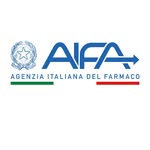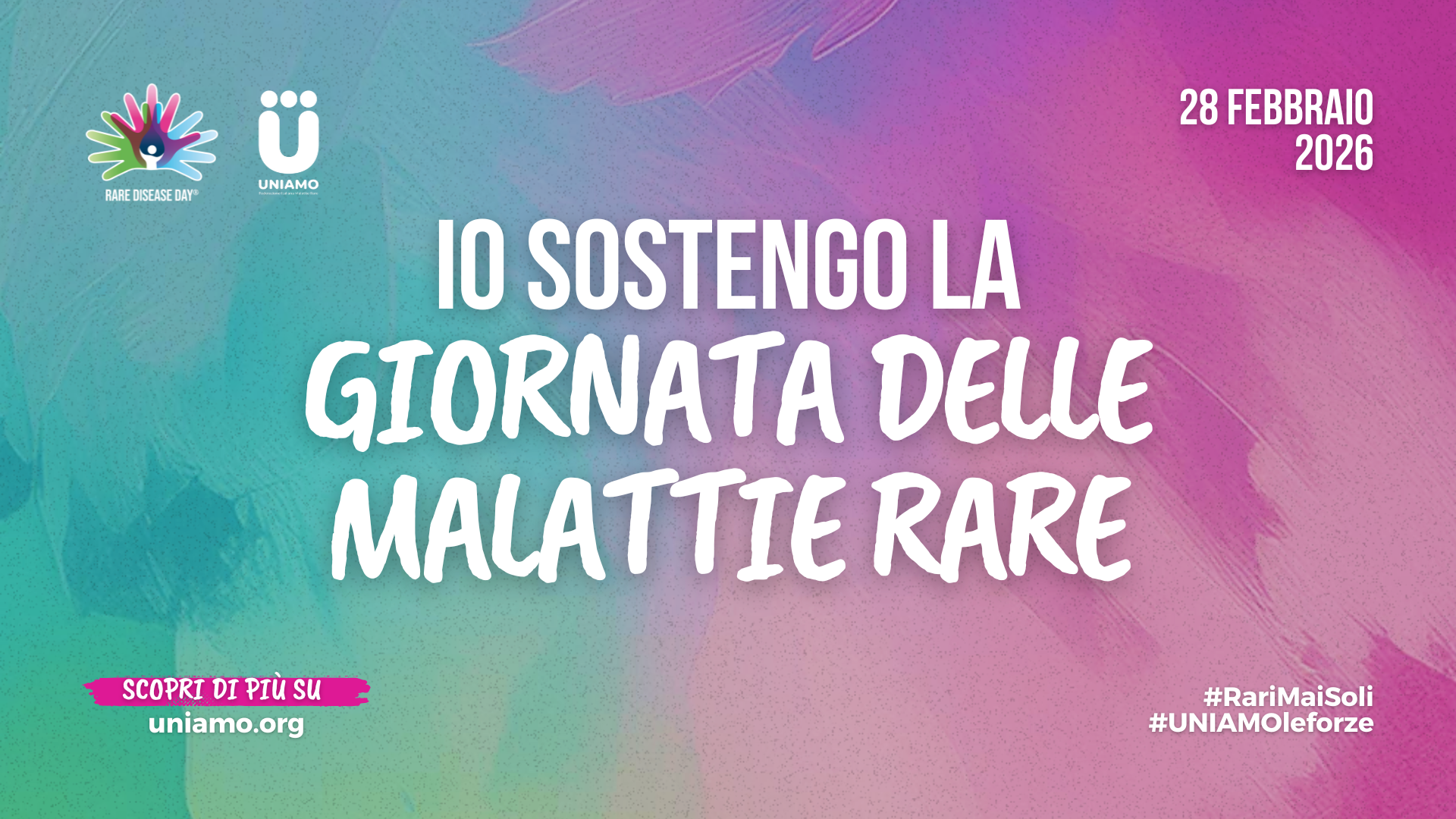.png) Agenzia Italiana del Farmaco
Agenzia Italiana del Farmaco
Medicine shortages
A 'medicine shortage' occurs when a medicine is temporarily unavailable on the national territory because the MA holder (the person legally responsible for the authorisation and marketing of the medicine) cannot ensure a continuous supply, in relation to the patient's therapeutic needs.
However, not all medicine shortages represent a real problem for citizens. In many cases, in fact, it is possible to manage the shortage by using an equivalent medicine; in others, it is possible to ask the doctor to prescribe an alternative medicine; in the absence of an equivalent or therapeutic alternative, hospitals and/or health authorities (ASL/ATS) may request to import the missing medicine from the foreign market.
AIFA may order the temporary blocking of medicine exports if this is necessary to prevent or limit shortages or unavailability.
In the event of a shortage of a medicine, the MA holder communicates it to AIFA and the Agency enters it on the shortages lists published below.
The causes of a shortage may be of a different nature, including unavailability of the active ingredient, production issues, regulatory measures, unexpected increase in demand for a particular medicine or public health emergencies.
If a medicine that is not declared as a medicine shortage by the MA holder (and therefore not on the list of shortages) is nevertheless missing from the pharmacy, it could be a temporary unavailability, i.e. a local discontinuity in distribution.
In this case, the pharmacist can report this shortage to the reference Region (which in turn will check the availability of the medicine at other wholesalers), and in the meantime can order the medicine directly from the pharmaceutical company that markets it, through the procedures laid down by law to protect the patient (so-called "direct purchase").
If the checks carried out reveal a shortage not reported by the pharmaceutical company, the Region may report it to AIFA and a penalty may be imposed on the MA holder.
Below you can find the lists of medicines currently in shortage for which equivalent medicines, alternative therapeutic treatments or similar medicines to be imported from abroad are available.
List of medicines in shortage (or no longer marketed) for which equivalent medicines are available on the Italian market, which the specialist doctor or general practitioner can consider in order to ensure therapeutic continuity for the patient.
List of medicines in shortage (or no longer marketed) for which, although no equivalent medicines are available, therapeutic alternatives are available on the market, even based on the same active ingredient, which the specialist doctor or general practitioner can consider in order to guarantee therapeutic continuity to the patient.
List of medicines in shortage for which, in the absence of equivalents or therapeutic alternatives on Italian territory, the health facilities or the MA holder requesting it are granted authorisation to import a similar medicine authorised abroad.
List of medicines that cannot be removed from distribution and sale, in order to guarantee a sufficient supply of medicines to meet treatment needs throughout the national territory.
This list shows the medicines actually lacking in the national market for which AIFA has authorised importation from abroad in the last six months. The analysis of import flows shows high numbers of import requests for only about 30 active ingredients.
Since 2010, AIFA has periodically updated the complete list of medicines that are in shortage, due to contingent reasons (such as production or regulatory problems), ceased marketing or suspension.
Included in this list - for the use of professionals - are the three lists published above containing medicines in shortage, for which equivalents, therapeutic alternatives or the possibility of importation from abroad are available.
The general and historical list is fed by the information submitted by MA holders and on the basis of reports received and verified by the Office.
The list contains the following information:
- trade name of the medicine in shortage, active ingredient, pharmaceutical form, packaging and name of the MA holder;
- date of start and presumed end of the shortage;
- presence of equivalent medicines on the national market;
- reasons for the shortage;
- suggestions and/or measures adopted by AIFA;
- any notes.







